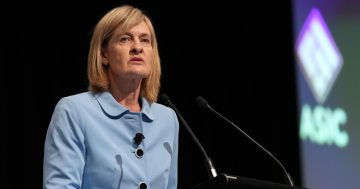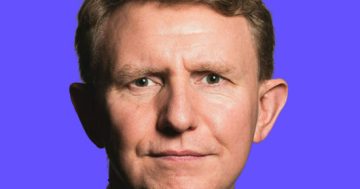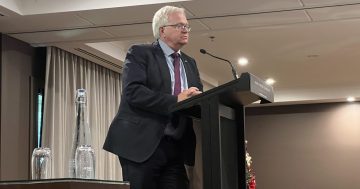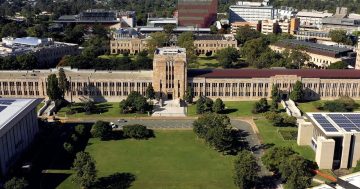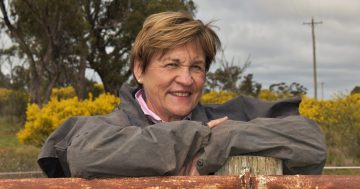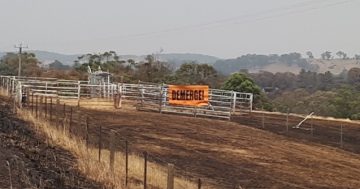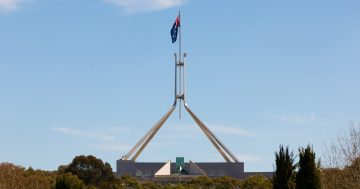Stewart Hawkins* says some superfund managers are optimistic that super fund returns could remain high.
 With many super funds posting returns of more than 20 per cent for the financial year, member expectations for a repeat performance next time may be causing nervousness among fund managers.
With many super funds posting returns of more than 20 per cent for the financial year, member expectations for a repeat performance next time may be causing nervousness among fund managers.
But while some of those levels set records and are unlikely to be repeated, Cbus Super chair Steve Bracks is among those who are optimistic that the pandemic, and the greater push toward carbon neutrality, has brought some unique opportunities and returns could remain strong.
He said unlike the global financial crisis of 2007/08 we hadn’t seen the same depths in the downturn and he could see parts of the economy were doing extremely well.
He described a shift in consumer sentiment brought about by the various lockdowns and some parts of retail were booming as people were spending on things they ordinarily wouldn’t.
He said because of his fund’s “broad spread of investments in a range of assets” it would be able to take advantage of this.
“I think most funds because of the balanced nature of their portfolio, where we invest, will do pretty well, in this period,” he said.
Bracks was speaking as part of a panel discussion on active ownership at ACSI’s annual conference that included Aware Super’s CIO Damian Graham and CareSuper’s CEO Julie Lander.
Graham was more guarded in his response to the question as to whether the level of the recent strong returns would continue but agreed there had been structural changes – online retailing was a simple example he said – where there had been a very strong pull forward of what had been a long-term trend.
He said some people suggested five years of changes happened in a quarter last year with regard to online retailing and logistics.
But, he said he was always trying to ensure members had “reasonable expectations and a long-term view.”
“We know 12 months ago, we were having a very different conversation with very weak returns, so we’ve seen a very strong rebound, a strong return for members on the past financial year,” he said.
“But I do think that… making sure people are attached to what they need on a long term basis, tries to ensure they don’t have too high expectations after a strong year or too negative expectations after a weaker year.
“Because both can be quite damaging.”
Commitment to carbon neutrality
Another area in which Bracks was optimistic that active management could help strengthen future returns was in the ESG space, particularly climate change.
He maintained recent global trends would enhance rather than hinder successful investments in companies involved in carbon reduction.
It’s was much a good business case as it was a do-the-right-thing argument.
He stressed the financial outcome for members would be hurt by NOT doing it.
“The environment is changing norms, worldwide.
“You’ve got something like 70 per cent of the world economy now is committed to net zero by 2050.
“The EU, UK, China is moving to it in 2060, the U.S. looks like it’s moving that way as well,” he said.
“And so really, this is the climate in which as investors were are in… I think we’re going to find that if we don’t commit to proper targets on climate change and adhere to our investments on that basis, I think we will be in trouble.
“Actually, I think we’ll get less returns as a result if we don’t do it.”
“How can you best achieve the goal of zero emissions by 2050? Part of that will be by engagement [and] part by divestment.
“But the reality is that every other company is moving in this direction anyway, so I don’t think it’s going to be that hard.”
Graham agreed that as active investors the global push toward greater ESG responsibility had opened up a whole “lens of opportunity”.
“We certainly believe that allocating more to businesses and assets that will benefit from the [clean energy] transition is a great opportunity.
“And I’m sure the other funds are doing that as well,” he said.
*Stewart Hawkins is a financial journalist, editor and TV producer.
This article first appeared at investmentmagazine.com.au.


